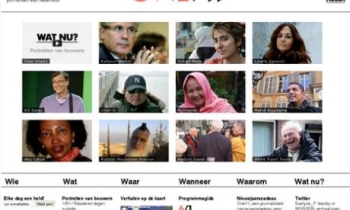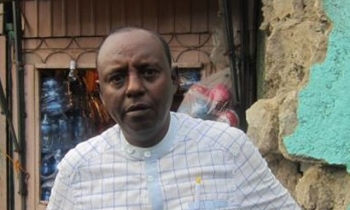SYDNEY: New media laws in Australia have sparked takeover activity many fear will lead to a concentration of ownership in the hands of Rupert Murdoch and Australia's richest man James Packer, eroding free speech and democracy.
"This is a real blow to democracy. Free speech and the multitude of voices and positions on a range of issues is at risk with this legislation," leader of the Australian Democrats senate party, Lynn Allison, said on Friday.
Ruling National Party Senator Barnaby Joyce also warns of less diversity in the $A12 ($NZ13.79) billion media sector.
"It will bring about two major media houses. . .and that's dangerous for Australia," Joyce told local radio.
The new media laws passed this week remove 20-year-old foreign ownership limits and cross media rules that ban companies from owning newspapers, television and radio in the same city.
The day after the laws were passed, Packer announced his Publishing & Broadcasting Ltd. would sell its TV, magazine and Internet assets to a new company to be jointly owned by PBL and private equity investor CVC Asia Pacific.
The move will raise $A4.5 ($NZ5.17) billion cash for Packer to expand his gaming business, but leaves his new media firm ready for local takeovers when the new laws are enacted in 2007.
On Friday, Murdoch's News Corp, Australia's largest newspaper publisher, secured a 7.5 per cent stake in the second biggest newspaper publisher, John Fairfax Holdings Ltd.
News said it does not want to take over Fairfax, long seen as a crown jewel of Australian media because of its classifieds, but it leaves Murdoch positioned to acquire its online classifieds if Fairfax becomes a takeover target.
The 150-year-old Fairfax publishes prestigious newspapers The Sydney Morning Herald and The Australian Financial Review and analysts say its carve-up could threaten their editorial independence.
"There is an enormous landgrab going on, unleashed by the media laws, which in the end will result in fewer voices and less diversity in media ownership in Australia," said Eureka media analyst Michael Pascoe.
Former Australian Competition and Consumer Commission, Allan Fels, warned on Friday "two super mega groups, PBL Media and News Ltd, could emerge, both with significant foreign ownership".
The new laws will scrap limits which prevented a foreign investor from owning more than 15 per cent of a television station or 25 per cent of a newspaper.
Although foreign takeovers or investment above 5 per cent will still need approval.
The Australian media industry already has significant foreign ownership, starting with Murdoch who took up US citizenship to expand his US television interests.
Canadian group CanWest already holds a 57 per cent economic interest in the Ten television network, but is currently restricted to 14.5 per cent of the controlling interest.
Irish media boss Tony O'Reilly holds a 40 per cent stake in Australian Provincial Newspapers, which publishes 23 daily and more than 100 non-daily regional newspapers in Australia and NEW ZEALAND, and has interests in 12 Australian radio stations.
Murdoch and the late Kerry Packer had long lobbied the government to loosen media laws, but in the end it was technology and economic ideology which delivered them what they wanted.
Howard is a strong supporter of free market competition and had wanted to reform media rules since he first won power in 1996, claiming they were out of date.
There are currently 53 television licences in Australia, 261 radio licences and 11 major newspapers. But the growth of Internet and pay television, in the face of falling newspaper circulation and TV audiences, is changing Australia's media landscape.
"Slowly but surely media monopolies are disappearing, more due to technological developments than to policy changes," said media analyst Paul Budde.









